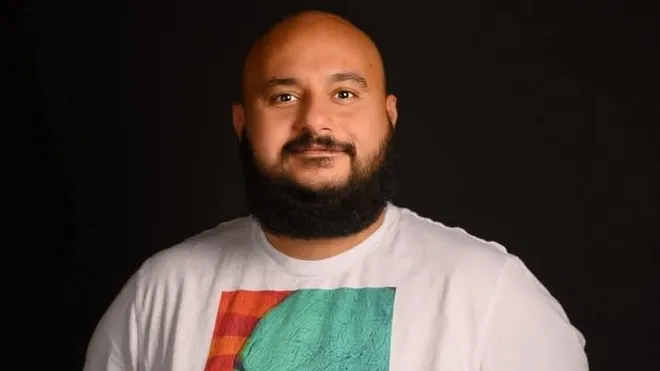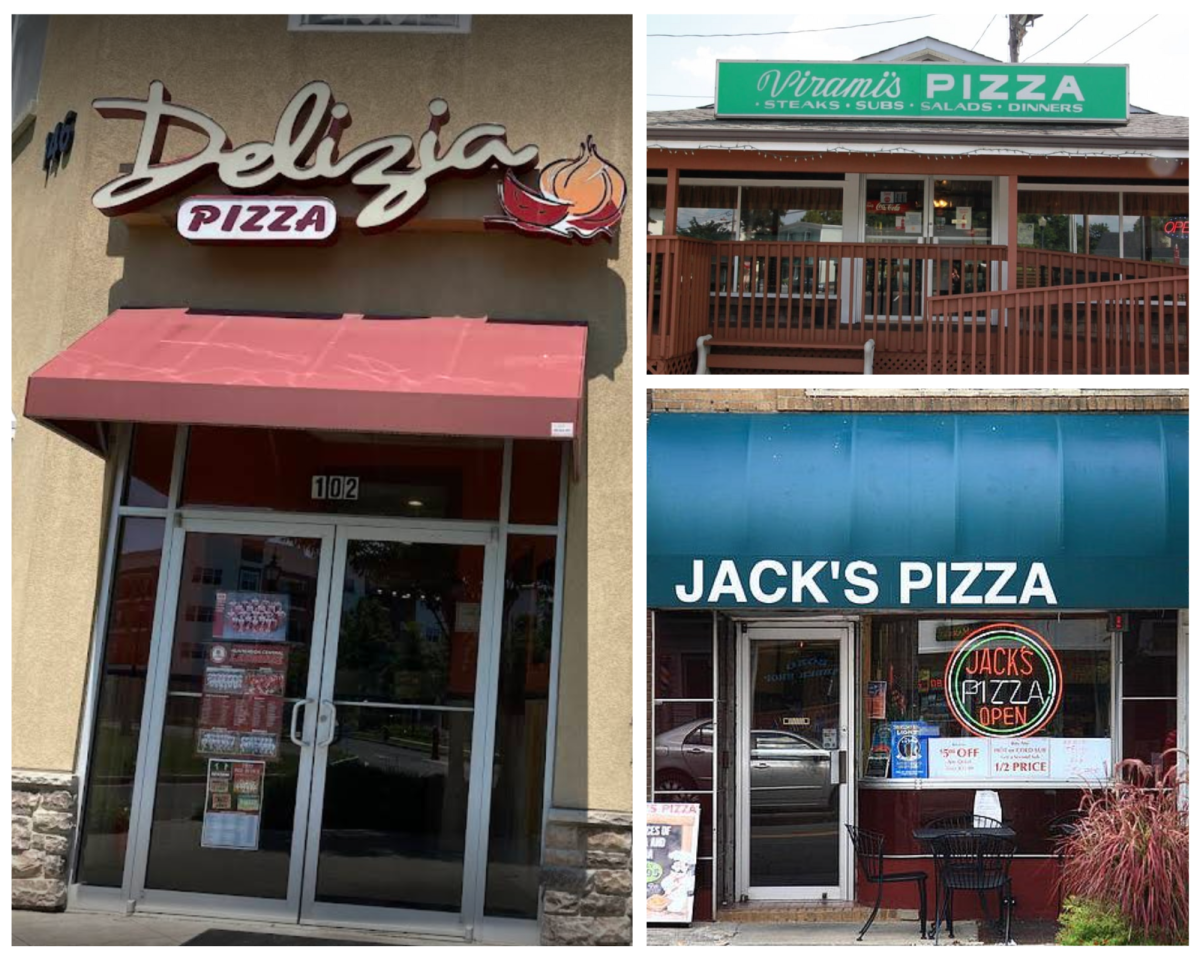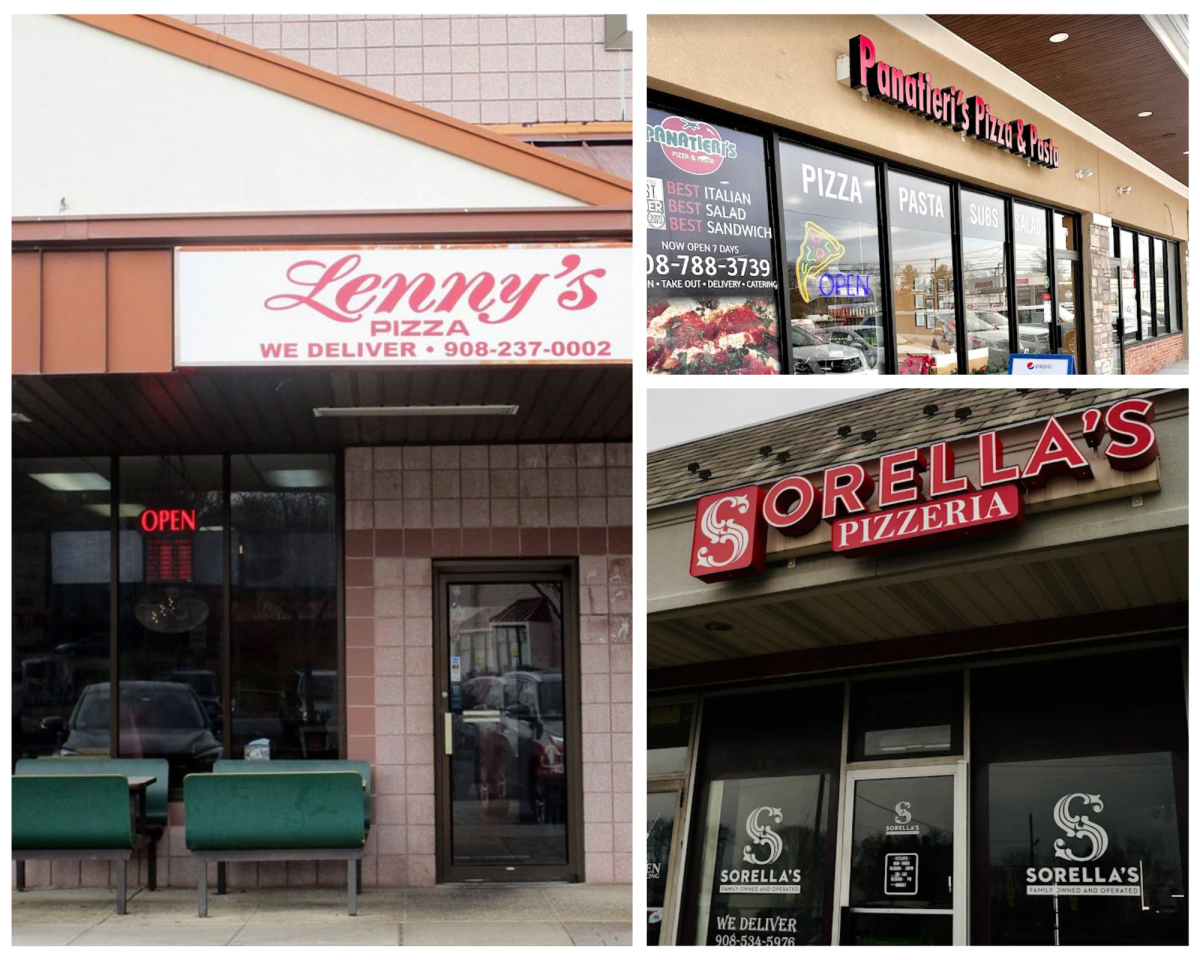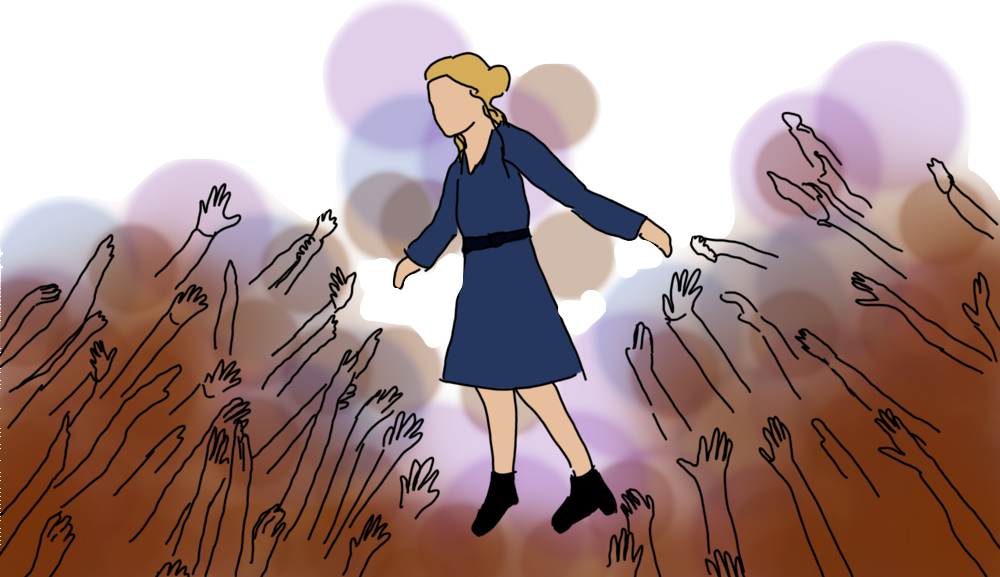In a town that prides itself on community, diversity, and justice, what happened to Karim Daoud should trouble every resident of Hunterdon County, especially students and staff at Hunterdon Central. In March 2024, Daoud, a Flemington resident, was detained by Immigration and Customs Enforcement (ICE) for overstaying his visa. He’s now facing deportation. What makes his story different from the abstract immigration debates on the news is that Daoud wasn’t hiding. He wasn’t a criminal. He was a contributing member of the community. And more importantly, he was our neighbor.
On April 3, 2025, a vigil was held at the Stangl Factory to honor Daoud. Community members gathered in solidarity—holding candles, sharing stories, and sending a clear message: ICE’s actions do not reflect our values. The question that hangs in the air is simple: How can a town that claims to care about inclusion and fairness stand by while someone like Daoud is ripped away from everything he’s built here?
Some might argue that laws are laws—Daoud overstayed his visa and must face the consequences. However, that argument ignores the real issue: not every law is just, and not every enforcement decision is humane. As reported by My Central Jersey, Daoud was arrested at a routine check-in with ICE—something he had been doing regularly while working to fix his immigration status. He wasn’t hiding. He wasn’t dangerous. In fact, he was honest and consistent. So why was he treated like a threat? This situation is more than just a legal technicality—it’s a moral failure.
Thus, students at Hunterdon Central should be aware of this issue. After all, many of our classmates come from immigrant families –some have stories like Daoud’s in their own homes. It’s easy to overlook immigration debates as distant or political, but Daoud’s detention happened right here, in Flemington. He is someone’s dad, uncle, and friend.
When injustice occurs in your backyard, staying silent makes you complicit. In a state and county that prides itself on freedoms of speech, religion, and education, a lack of action makes all that’s been fought for seem useless. Moreover, education is not just about test scores and GPAs—it’s about learning how to engage with the world around us. If Hunterdon Central wants to prepare its students for the real world, it must teach them to recognize injustice and speak out against it. That includes encouraging discussion about immigration policy and how it impacts real people in our community.
The vigil for Daoud was a powerful example of community advocacy – but a vigil is not enough. Our elected officials need to feel the pressure to push for change. ICE should not have unchecked power to separate families and ruin lives over paperwork. Visa overstays are civil infractions, not crimes. But the way our immigration system responds—through detention, fear tactics, and deportation—makes it feel more like a punishment for being an outsider.
This is not the America that schools like Hunterdon Central teach us to believe in. We’re taught about liberty, justice, and equality—yet cases like Karim Daoud’s show how far we are from living up to those ideals. If anything good can come from this, it’s that the students and teachers at Hunterdon Central—and the entire community—start paying closer attention. We should be calling our representatives, writing letters, and educating ourselves about immigration laws and how they affect real people.
Karim Daoud deserves better. Our community deserves better. And our students deserve to live in a town that values people over politics.






